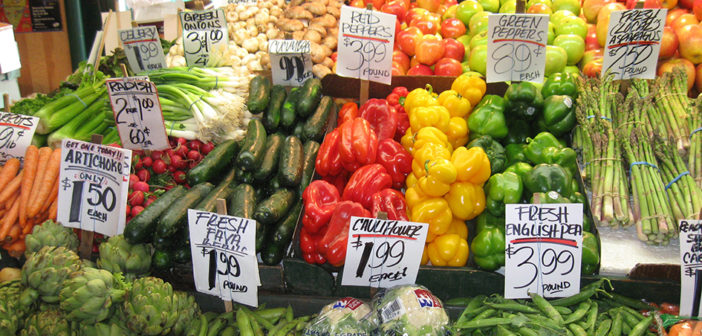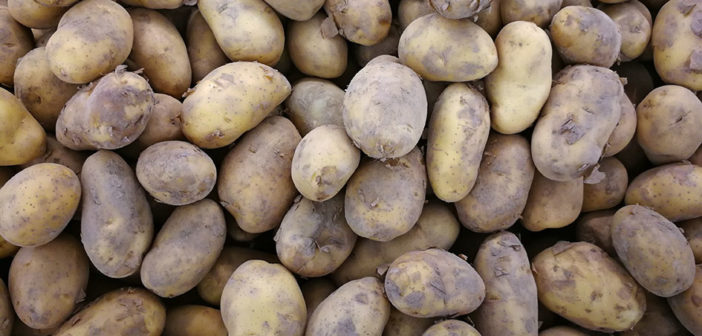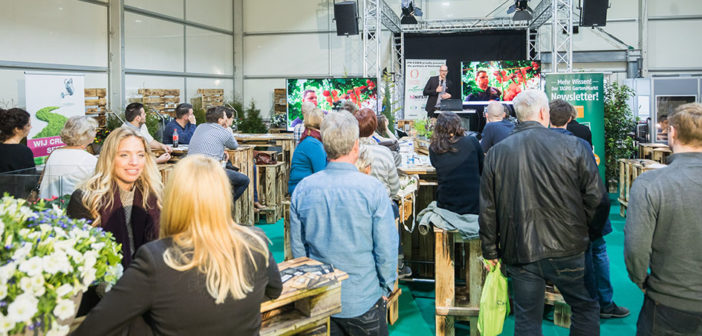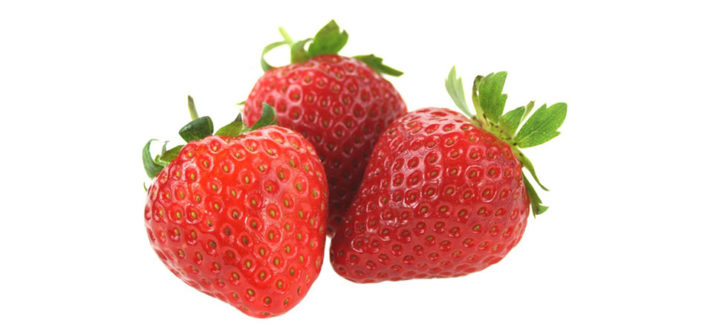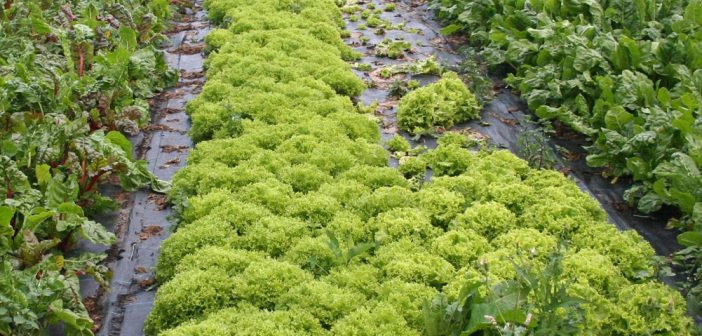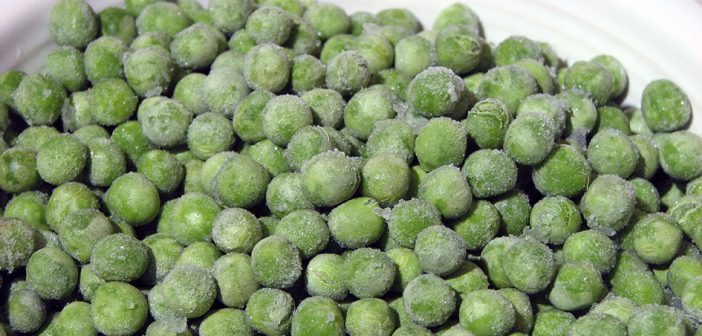Case New Holland group has signed a deal with German weed technology company Zasso to bring a new XPower digital weeding technology to market.
The new system enables non-selective burn-down applications such as field preparation, potato haulm desiccation, and special treatments for wine grapes and trees. It has been awarded with a Bronze Medal ahead of the SIMA 2019 machinery show in Paris next year.
XPower will be marketed as part of a suite of new Case IH precision farming technologies under the brand name AGXTEND. According to the manufacturers, digital herbicide technology is at least as efficient as chemical herbicides in terms of controlling weeds, and is more efficient, economic, practical and crop-safe than mechanical weeding, in addition to which it does not disturb the soil nor encourage further weed growth.
The system is said to be as effective on larger weeds as smaller ones, and more practical, safer and cheaper than existing scorching or burning systems used for total weed control.
“The partnership with Zasso and its XPower solution is the next logical step after the Europe-wide RTK network and the GNSS Guidance and Machine Control options. Zasso and CNHi have both developed their environmental protection focus over the past year and this partnership is just the beginning for more,” said Maximilian Birle, Head of Product Management at CNHi.
Zasso’s CEO Dirk Vandenhirtz added, “It is a much welcomed and natural step for Zasso to partner with an equipment manufacturer. CNHi provides us with an unparalleled depth of distribution across Europe, to expand our solution. We are particularly excited to have been selected as one of the innovative technologies available through CNHi.”
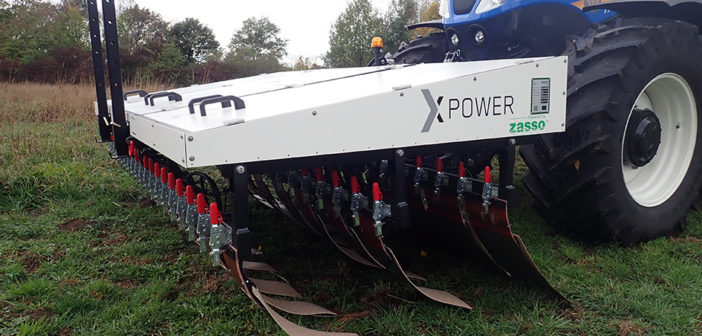
Photo Credit: Zasso
The post Digital weed zapper to launch next year appeared first on Hort News.
